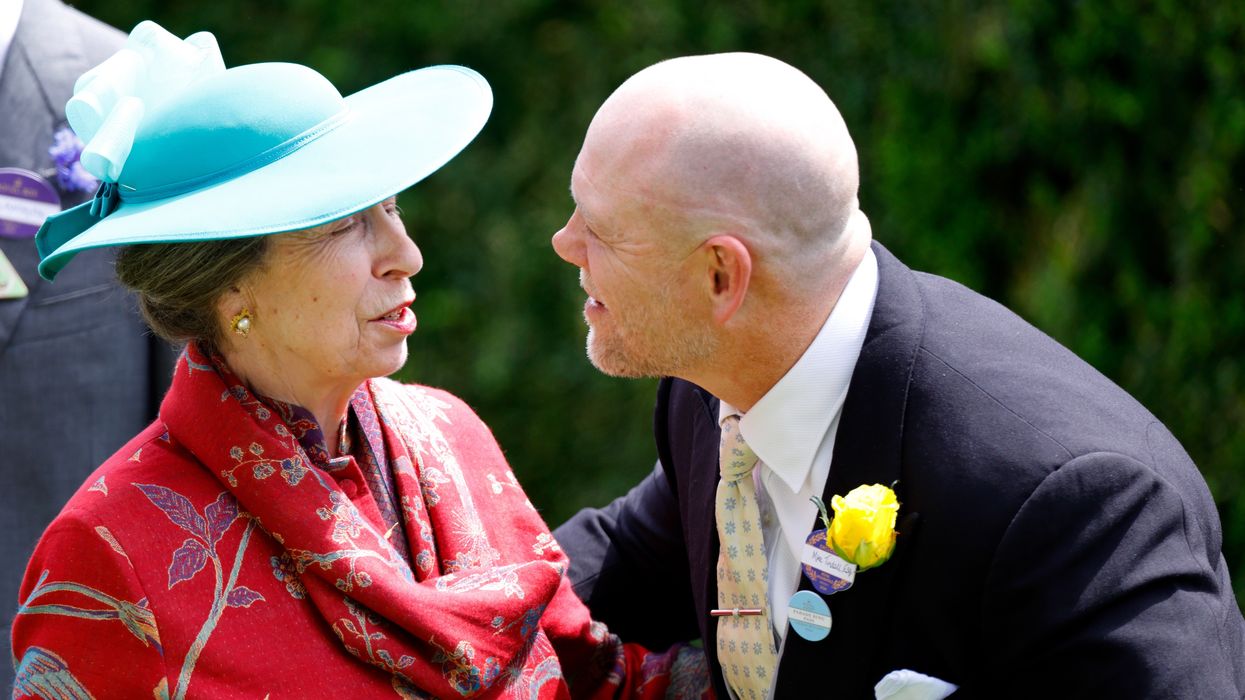GCHQ intern jailed for endangering national security after taking home top secret data
The intern has been sentenced at the Old Bailey
Don't Miss
Most Read
Trending on GB News
GCHQ intern Hassan Arshad has been jailed for seven and a half years after taking secret data home, which endangered national security.
Arshad risked exposing 17 colleagues and "threw away" thousands of hours of work.
Arshad, a computer science student at Manchester University, was in "flagrant breach" of tight security rules when he used his mobile phone to remove material from a computer system and transfer it to his private computer.
The intern from Rochdale, Greater Manchester, pleaded guilty to an offence under the Computer Misuse Act, which carries a maximum penalty of life imprisonment.

Hassan Arshad pictured leaving the Old Bailey last month
PAHe also admitted to two charges of making an indecent photograph of a child in relation to 40 category A images and four category B images.
The images were found on his personal phone following his arrest.
Arshad appeared at the Old Bailey to be sentenced by Justice McGowen.
Prosecutor Duncan Atkinson KC said: "His actions created a significant risk of damage to national security for reasons that can only be fully explained in a private hearing.
"In short, however, his actions compromised the security and utility of the material and the role it played in the national interest, and he also, in the process, put the safety of intelligence agency personnel at risk."
LATEST DEVELOPMENTS:
Head of the CPS Counter Terrorism Division, Bethan David, said: "Hasaan Arshad knew his actions were prohibited after he signed the Official Secrets Act and received his induction training.
"His conduct was deliberate and intentional, and represented a flagrant breach of the obvious and necessary rules in place.
"By transferring the top-secret material to his home computer and therefore exposing it to the risks of an insecure system, Arshad created a significant risk of damage to national security.
"The Crown Prosecution Service will always seek to prosecute anyone who knowingly jeopardises and endangers the safety of our country."
Justice McGown sentenced Arshad to six years for the data breach and an additional year and a half for the sexual offences.
She said: "The risk raised by this conduct was at the highest level. I accept there is no evidence of any intention to sell, disclose or ransom the material."
She noted that the risk was "obvious" and the damage caused was "incalculable".

Arshad said: 'I'm sorry for my actions and I understand the stupidity of what I have done'
PA
Prosecutor Atkinson added: "Put bluntly, if hostile states or terrorists were aware of how GCHQ was able to gather intelligence about their plans, they would be able to prevent the intelligence community in the UK from learning of those plans at a stage and to an extent that allows the intelligence community to thwart them.
"In flagrant breach of those obvious and necessary restrictions, the defendant used a mobile handset provided for his use whilst on his work placement but with strictly confined scope as to its permitted use, to remove top secret material from the top secret network of the technical development team to which he had been attached.
"He then transported that material from the secure location where he had been working to his home, risking it falling into the wrong hands or being lost, and downloaded it onto a removable hard drive which formed part of the IT system that he used at his home address.
"This significant security breach compromised lawful intelligence-related activity that was being undertaken in the national interest.
"In doing so, he threw away many thousands of hours of work and significant sums of taxpayers' money."
Arshad told police that he was sorry for his actions and understood the stupidity of what he had done.
He claimed that he went out of his way to ensure the data was stored locally and not in the cloud.




































